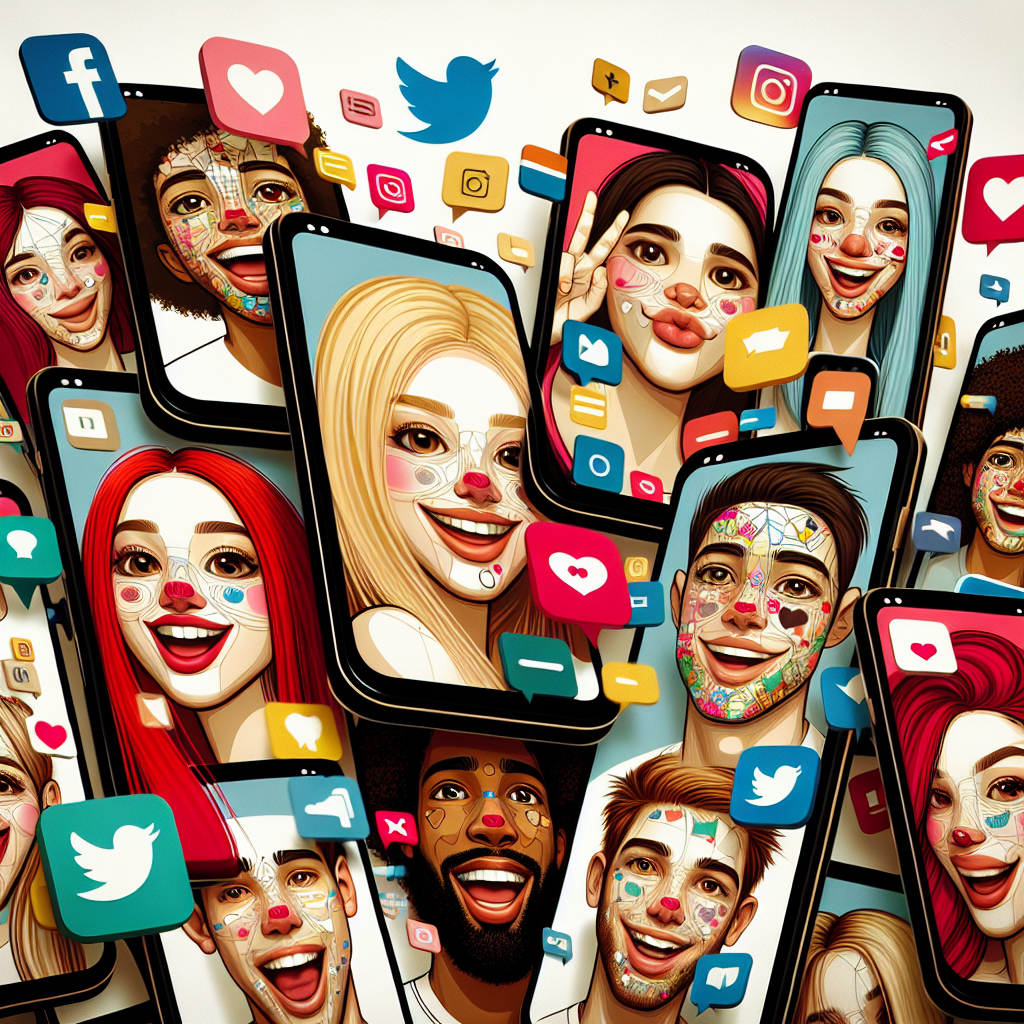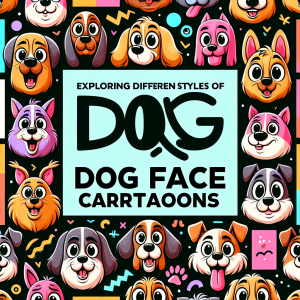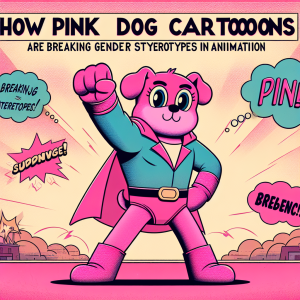Have you ever scrolled through your social media feed and come across a friend’s selfie with a cute cartoon face filter? It’s hard to resist the urge to try it out yourself, isn’t it? Cartoon face filter apps have taken social media by storm, transforming ordinary selfies into whimsical and entertaining creations. But beyond the fun and games, these apps have also had a significant impact on social media trends, influencing the way we interact, communicate, and present ourselves online.
The Rise of Cartoon Face Filter Apps
It all started with Snapchat’s introduction of face filters in 2015, allowing users to add playful elements like puppy ears, flower crowns, and quirky face distortions to their photos and videos. This feature quickly became a hit among users, paving the way for other social media platforms like Instagram, Facebook, and TikTok to develop their own versions of face filters.
Today, cartoon face filter apps like Snapchat, Instagram, and popular stand-alone apps like FaceApp and Meitu offer a wide array of filters that can turn you into everything from a cute animal to a Hollywood celebrity. With just a swipe or tap, you can instantly change your appearance and inject a sense of fun and creativity into your social media posts.
The Influence on Social Media Trends
Cartoon face filter apps have had a profound impact on social media trends, shaping the way we communicate and express ourselves online. Here are some ways in which these apps have influenced social media culture:
1. Enhanced Self-Expression
By allowing users to play around with different filters and effects, cartoon face filter apps have given people a creative outlet to express themselves in a fun and lighthearted way. Whether it’s adding a touch of humor to a selfie or channeling your inner cartoon character, these apps have made it easier for users to showcase their personality and style online.
2. Boosted Engagement
Posts with face filters tend to garner more likes, comments, and shares compared to regular selfies. The interactive and entertaining nature of these filters encourages people to engage with the content and share it with their friends, leading to increased interactions and visibility on social media platforms.
3. Viral Trends
Face filters have become the center of viral trends on social media, with users participating in challenges and competitions to showcase their creativity and humor. From transforming into popular cartoon characters to mimicking dance moves, these trends have captured the attention of millions of users worldwide, driving engagement and user participation on social media platforms.
The Psychological Impact
While cartoon face filter apps may seem like harmless fun, they also have a psychological impact on users, influencing their self-image, behavior, and perception of beauty. Here are some ways in which these apps affect our psyche:
1. Body Image Concerns
Constant exposure to filtered images on social media can lead to unrealistic beauty standards and body image issues. Users may feel pressured to look a certain way or achieve perfection, fueling insecurities and dissatisfaction with their appearance in real life.
2. Identity Distortion
Using face filters to alter one’s appearance can create a distorted sense of identity and self-perception. Users may start to associate their filtered selves with their true selves, blurring the line between reality and fantasy and affecting their sense of self-worth and authenticity.
3. Addiction to Filters
Some users may develop an addiction to face filters, constantly seeking validation and approval through altered images rather than embracing their natural beauty. This dependency on filters can lead to a skewed sense of reality and hinder self-acceptance and self-love.
The Future of Cartoon Face Filter Apps
As technology continues to evolve, so do cartoon face filter apps, with developers constantly striving to innovate and introduce new features and effects to keep users engaged. From 3D filters to augmented reality experiences, the future of face filters is bound to be even more immersive and interactive, blurring the lines between the virtual and real world.
However, it’s essential for users to be mindful of the impact these apps can have on their mental health and self-image and to use them responsibly and in moderation. While cartoon face filter apps can be a fun and entertaining way to express yourself on social media, it’s crucial to remember that true beauty lies in authenticity and self-acceptance.
FAQs
Q: Are cartoon face filter apps safe to use?
While cartoon face filter apps are generally safe to use, it’s essential to be cautious when granting permissions and sharing personal information. Make sure to download apps from reputable sources and adjust privacy settings to protect your data and identity.
Q: Can face filters be harmful to self-image?
Excessive use of face filters can potentially impact your self-image and perception of beauty. It’s important to strike a balance between having fun with filters and embracing your natural appearance to maintain a healthy sense of self-esteem.
Q: How can I use cartoon face filter apps responsibly?
To use cartoon face filter apps responsibly, it’s essential to be mindful of the impact on your mental health and self-image. Try not to rely on filters for validation and self-worth and remember that true beauty comes from within. Use filters for fun and creativity, but don’t let them define your sense of identity.
Cartoon face filter apps have undoubtedly revolutionized the way we interact and communicate on social media, bringing a touch of whimsy and creativity to our online presence. By understanding the impact of these apps on social media trends and our psyche, we can navigate the digital landscape with mindfulness and authenticity, ensuring that our online persona reflects our true selves.








+ There are no comments
Add yours